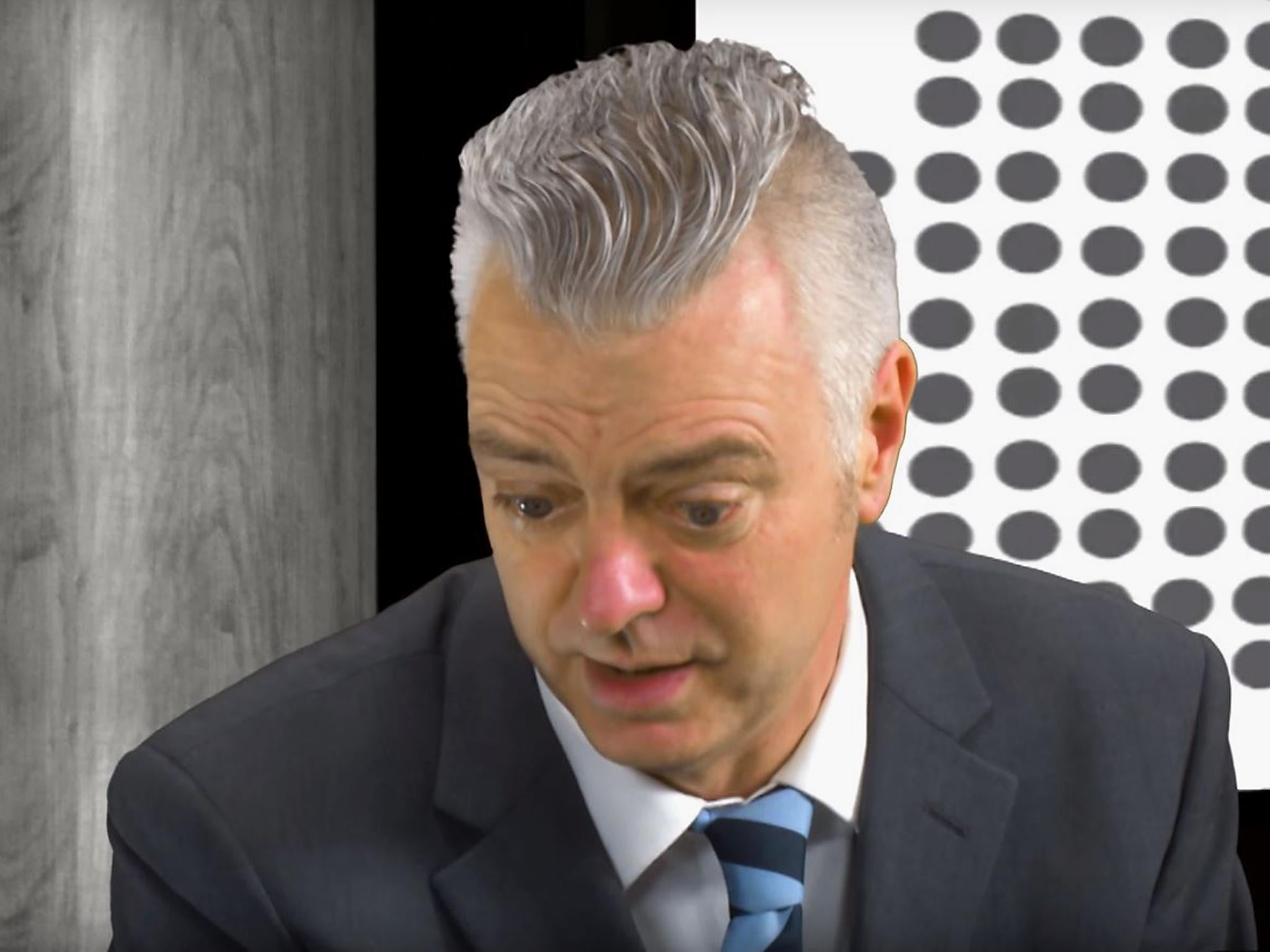UK to crack down on bank money laundering after reports of £65bn Russian scam, City minister says
HSBC, Barclays, RBS and Coutts among those alleged to have transferred hundreds of millions of pounds of cash thought to be linked to criminals and corrupt officials

The Economic Secretary to the Treasury has vowed that the Government will crack down on money laundering practices, after several of the UK's biggest banks were accused of processing money from a Russian scam, believed to involve up to $80bn (£65bn).
Speaking in the House of Commons, Simon Kirby said the “Government will do what it takes” to seek out anyone who abuses the system, and would examine closely whether recent information in the press, regarding money laundering from Russia, would allow the progression of an investigation.
“We need to ensure that sophisticated criminal networks cannot exploit our financial services industry,” the City minister said.
The Guardian on Tuesday reported that HSBC, the Royal Bank of Scotland, Barclays and Coutts had waved through hundreds of millions of pounds of transactions linked to a major scam in Russia.
The Independent first reported on the money laundering operation in 2014, shortly after it was shut down by investigators in the former Soviet republic of Moldova.
The scheme, which ran from 2010 to 2014, allowed at least £15bn to be moved out of Russia. The latest documents suggest that figure may be as high as £65bn, according to The Guardian.
Much of the money is believed to be linked to organised crime and corrupt officials, who were seeking to “clean” their cash so that it could be spent without suspicion.
The process involved using a series of front companies in the UK, which allow the actual owners behind them to remain a secret. The companies conducted fake business deals between themselves then sued each other in courts in Moldova, demanding the repayment of hundreds of millions of pounds of loans.
Vasile Sarco, an investigating officer in Moldova, told The Independent at the time of its original investigation: “This money was routed from Russia, but the companies incorporated in Britain were instrumental to transit the funds.”
The new documents reportedly reveal that, once laundered, some of the money was spent on diamonds from a jewellers in Bond Street, furs, chandeliers from a Chelsea boutique and boarding fees at Millfield, a prestigious public school in Somerset.
Banking records detailing the scheme were obtained by the Organised Crime and Corruption Reporting Project (OCCRP) and Russian newspaper Novaya Gazeta.
The evidence includes details of 1,920 transactions totalling nearly £600m that went through UK banks, with a further 373 routed through US banks, according to The Guardian.
Click HERE to see the full 5-stage version of the above graphic
All of the UK banks involved in the scheme said they have appropriate measures in place to prevent money laundering.
Shadow Chancellor John McDonnell called for the scandal to be investigated by the National Crime Agency. “Britain cannot be a haven for the criminals of the world who are looking to hide their money.”
He said it was “deeply disappointing that there are British banks involved in yet another banking scandal as the actions of a few shouldn't overshadow the hard work of the thousands of employees in the sector who will have had nothing to do with this case.
“But it appears that some of these big banks haven't learnt the lessons of the past, and are clearly not doing enough to clamp down on financial crime and money laundering.”
A Barclays spokesperson said: “Barclays complies with the rules and regulations in all the jurisdictions in which it operates and has systems and controls in place to mitigate the risk of the bank being used to facilitate financial crime."
A spokesperson for HSBC issued a similar response: “The bank has systems and processes in place to identify suspicious activity and report it to the appropriate government authorities."
RBS, which owns Coutts, said: “We are committed to combating financial crime and money laundering in line with our regulations and have controls and safeguards in place to identify, assess, monitor and mitigate these risks.”
Mr Kirby said on Tuesday that the Government “already does more than any other to tackle the global threat of money laundering”.
He said that since 2010 the Government had already seized £1.4bn in illegal funds and put hundreds of millions more "beyond the reach of criminals”.
He also said that the Government was now preparing to introduce a landmark piece of legislation allowing banks to share more information “to help uncover money laundering and give law enforcement agencies new powers to bring criminals to justice”.
Subscribe to Independent Premium to bookmark this article
Want to bookmark your favourite articles and stories to read or reference later? Start your Independent Premium subscription today.

Join our commenting forum
Join thought-provoking conversations, follow other Independent readers and see their replies